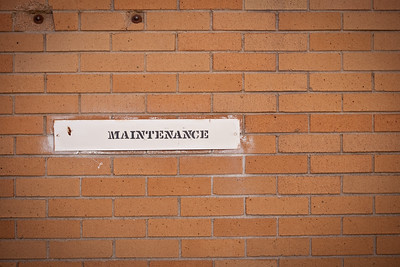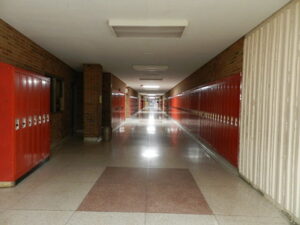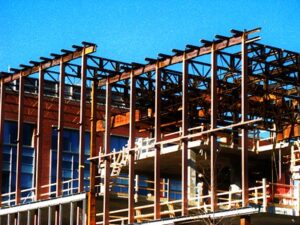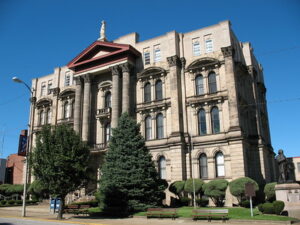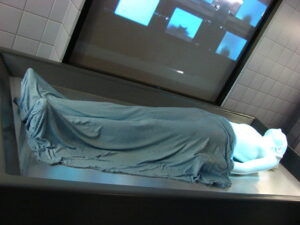Yesterday, I wrote about a community college in Illinois that intends to borrow $12M to complete deferred maintenance projects. The problem with the plan is that the expenditures (which include a boiler replacement and networking equipment) and the debt repayment will outlive the purchases.
I prefer to call “deferred maintenance” what it is: neglect. Neglect is the failure to act. No person buys a house thinking that the mortgage and taxes are the only payments they’ll need to make. Caring for a house is an ongoing commitment of funds. The same is true for a college campus. Things wear out. In a campus environment, things wear out quickly and regularly. The buildings require dedicated maintenance, inspection and proactive efforts to keep them safe and habitable.
So, when an administration – or multiple administrations – fails to plan for maintenance and replacement of important systems like roofing and windows; heating and cooling; elevator maintenance; plumbing, network wiring; fire suppression; sewers and drains; parking, etc., that is incompetence. When the administration deliberately fails to conduct repairs and replacements adequately and on time, that is a dereliction of duty. And when the administration deprioritizes the maintenance of publicly funded campus infrastructure to pay for additional administrators, that’s malfeasance.
The public should tolerate exactly none of these things, and neither should the Trustees whom they elected. Our investment in the campus is too damned large to allow careless administrators to undermine it.
And as the Illinois community college will find, borrowing piecemeal for repair projects will only increase the college’s costs without ever addressing the real issue: the college’s failure to adequately fund its constantly accumulating maintenance debt.
Making deferred maintenance a thing of the past
Earlier this year, the University of Nebraska issued $800M in bonds to address its campus maintenance backlog. The backlog is not that large, but the goal is to get out from under both the debt and the problem. To avoid neglect, the school has to have enough money on hand to address maintenance issues when they occur. Part of the bond will provide a pool of money that will allow the university to self-fund its maintenance projects when they arise. The point at which maintenance costs are at their minimum is when a problem first arises. The passage of time only increases the cost of action, but an institution has to have the cash on hand to act when something goes wrong or shows up.
It is NEVER sufficient to manage maintenance solely by playing “catch-up.” Institutions also need a plan to prevent maintenance from becoming “deferred” in the first place. If cost is the primary reason that maintenance remains undone, then any bond issue must be big enough to address the spiraling cost of undone maintenance as well as pay for current and future maintenance projects.
The unholy costs associated with undone maintenance should be enough to prompt Trustees to establish required maintenance policies. The Trustees should never approve a budget that does not provide for both anticipated maintenance expenditures AND undone maintenance. The Trustees should require the Administration to get explicit Board approval to delay maintenance projects on campus, given the exceptional cost associated with waiting.
How exactly can one justify waiting?
The Morris Lawrence renovation is a good example. Costs on the project quadrupled because the current administration failed to carry out work that they characterized as WCC’s “highest priority” (in 2013) until 2022. Failure to complete building maintenance in a timely way essentially skirts the policy requiring Board approval for high-dollar purchases. And waiting to conduct maintenance is a high-dollar purchase. In the case of the Morris Lawrence renovation, it was a $10.3M budget overrun.
Rather than seeking approval for cost increases that they’ve already incurred through deliberate inaction, the Administration should be required to seek explicit Board approval up front to waste taxpayer dollars by not performing maintenance when costs are at their minimum. The Administration should be required to explain to the taxpaying public on the record why waiting until repair and maintenance costs double, triple or quadruple is preferable to conducting repairs as cost-effectively as possible.
And when you put it that way…
Photo Credit: Cliff Johnson, via Flickr
